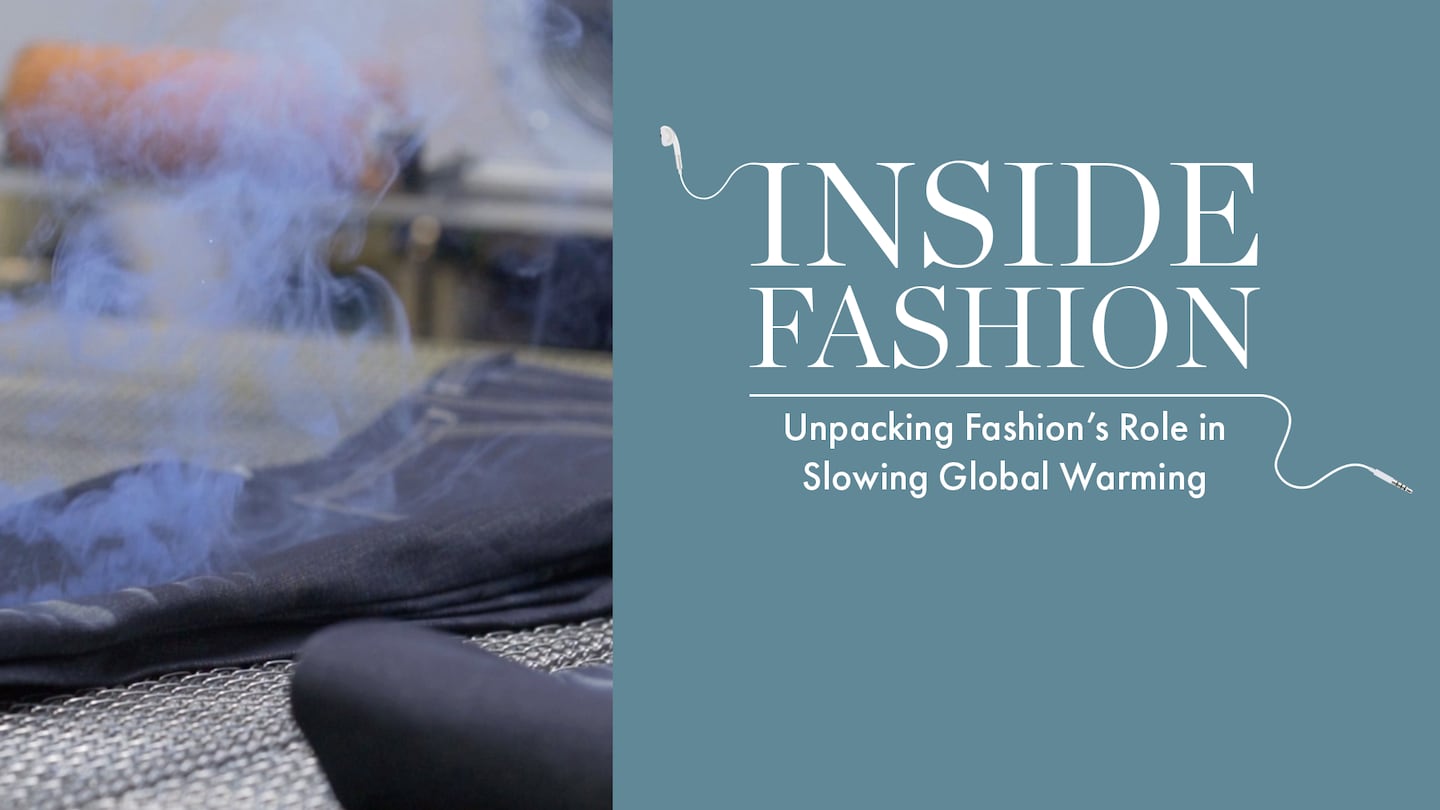
The Business of Fashion
Agenda-setting intelligence, analysis and advice for the global fashion community.

Agenda-setting intelligence, analysis and advice for the global fashion community.

To subscribe to the BoF Podcast, please follow this link.
This week, the United Nations’ Intergovernmental Panel on Climate Change released a new report from the world’s top climate scientists, warning that global temperatures will rise 1.5 degrees Celsius by 2040 and underscoring that human influence is “unequivocally” responsible for global warming since the late 19th century.
The fashion industry’s greenhouse gas emissions are estimated to be between 4 and 10 percent of the global total. “In the last two years, many of the industry’s biggest brands have taken steps to address emissions within their own supply chains,” says BoF deputy editor Brian Baskin. “It can be hard to tell how effective the industry’s efforts have been and what else needs to be done to address climate change.”
On this week’s BoF Podcast, Baskin is joined by Michael Sadowski, a sustainability advisor and former vice president of sustainability at Nike; Laila Petrie, chief executive of sustainability consultancy 2050, which works with the Fashion Pact; and Hannah Phang, head of marketing and advocacy at sustainability consultancy Futerra to unpack fashion’s role in slowing global warming.
ADVERTISEMENT
Related Articles:
A Crash Course on The BoF Sustainability Index
The Climate Fix: Addressing Fashion’s Emissions Problem
The Sustainability Regulations That Could Reshape Fashion
Join BoF Professional for the analysis and advice you need. Get 30 days for just $1 or explore group subscriptions for your business.
The fashion industry continues to advance voluntary and unlikely solutions to its plastic problem. Only higher prices will flip the script, writes Kenneth P. Pucker.
The outerwear company is set to start selling wetsuits made in part by harvesting materials from old ones.
Companies like Hermès, Kering and LVMH say they have spent millions to ensure they are sourcing crocodile and snakeskin leathers responsibly. But critics say incidents like the recent smuggling conviction of designer Nancy Gonzalez show loopholes persist despite tightening controls.
Europe’s Parliament has signed off rules that will make brands more accountable for what happens in their supply chains, ban products made with forced labour and set new environmental standards for the design and disposal of products.